
- Article
- Article
A story of death, trauma and austerity
Marienna Pope-Weidemann, whose teenage cousin Gaia died after going missing, advocates a rethink of our systems, which currently fail many in mental distress.
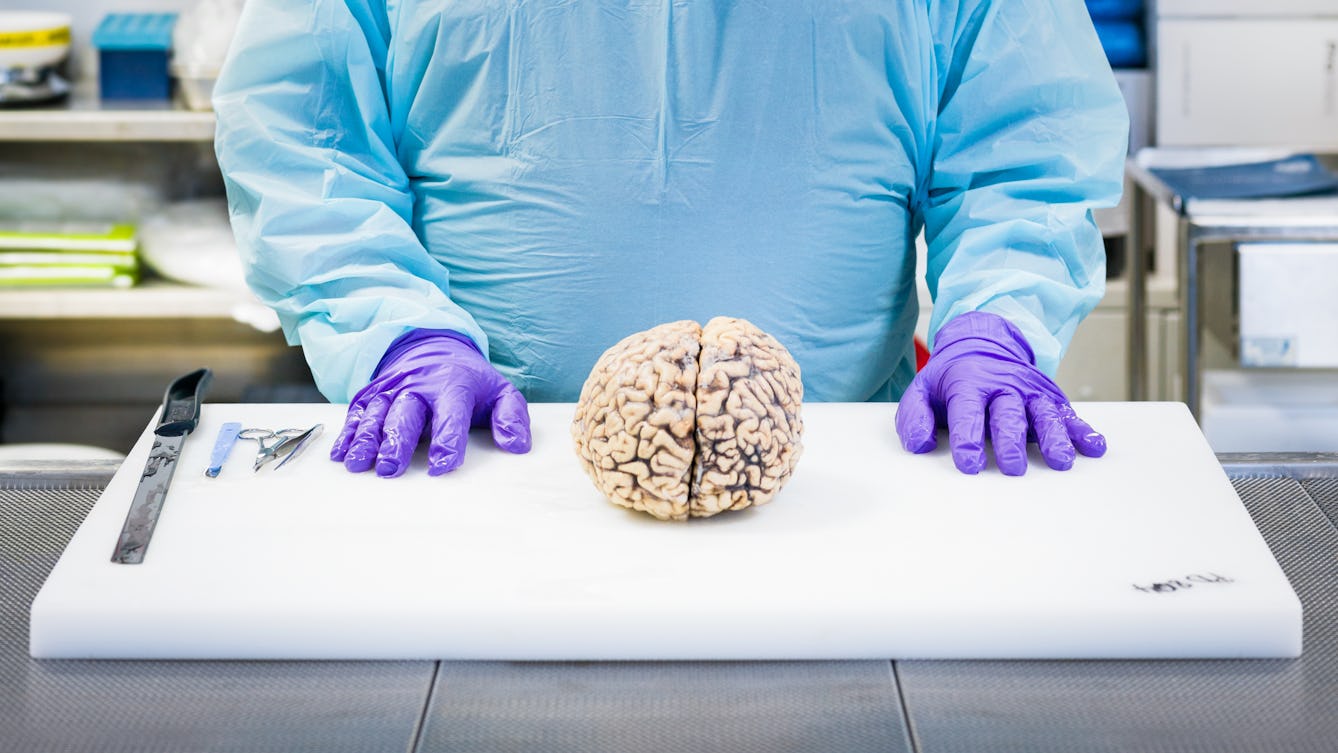
- Article
- Article
The anatomy of a brain dissection
Dissecting the brain after death not only helps confirm a diagnosis, but it can also teach us so much more about the symptoms and causes of brain diseases and how to treat them.
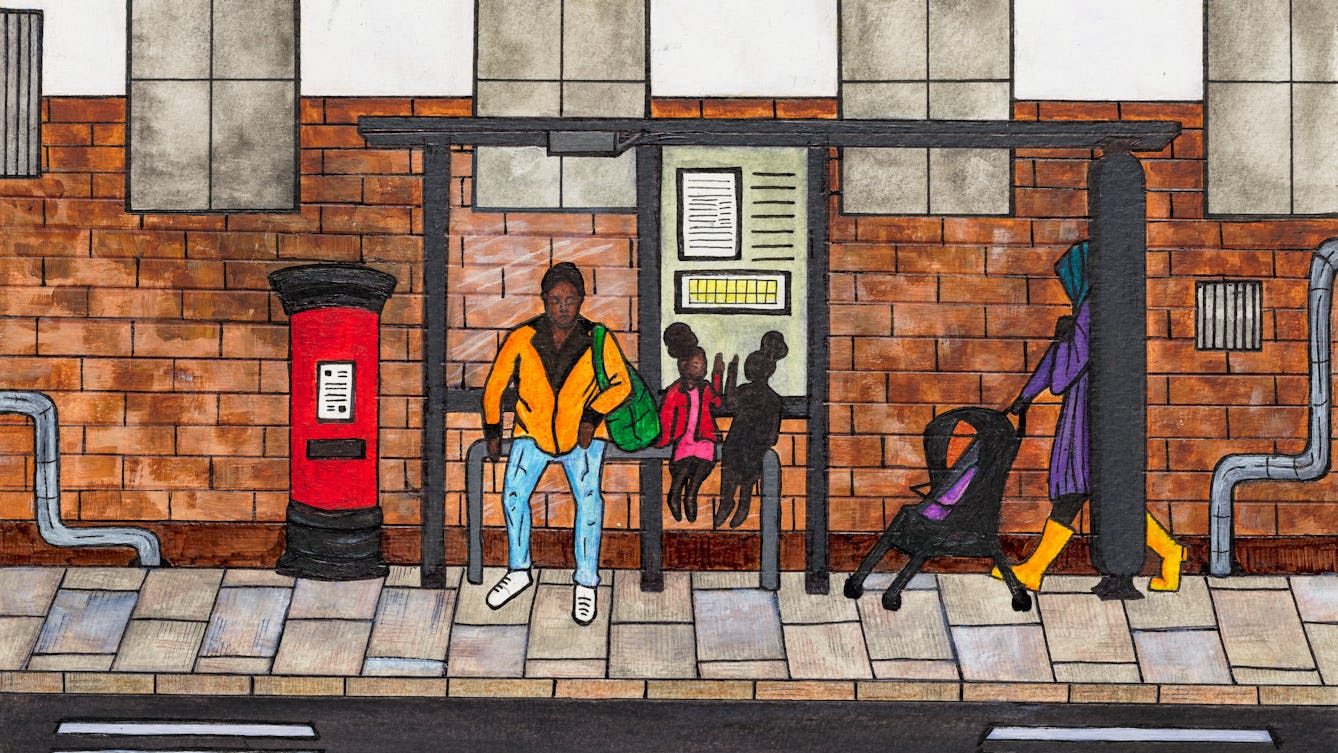
- Article
- Article
We need less ‘sickle cell warriors’ and more allies
Rejecting the epithet “warrior”, Cheryl Telfer describes the pervasive effect sickle cell disease has on her life, and calls for more people to donate blood to help sicklers.
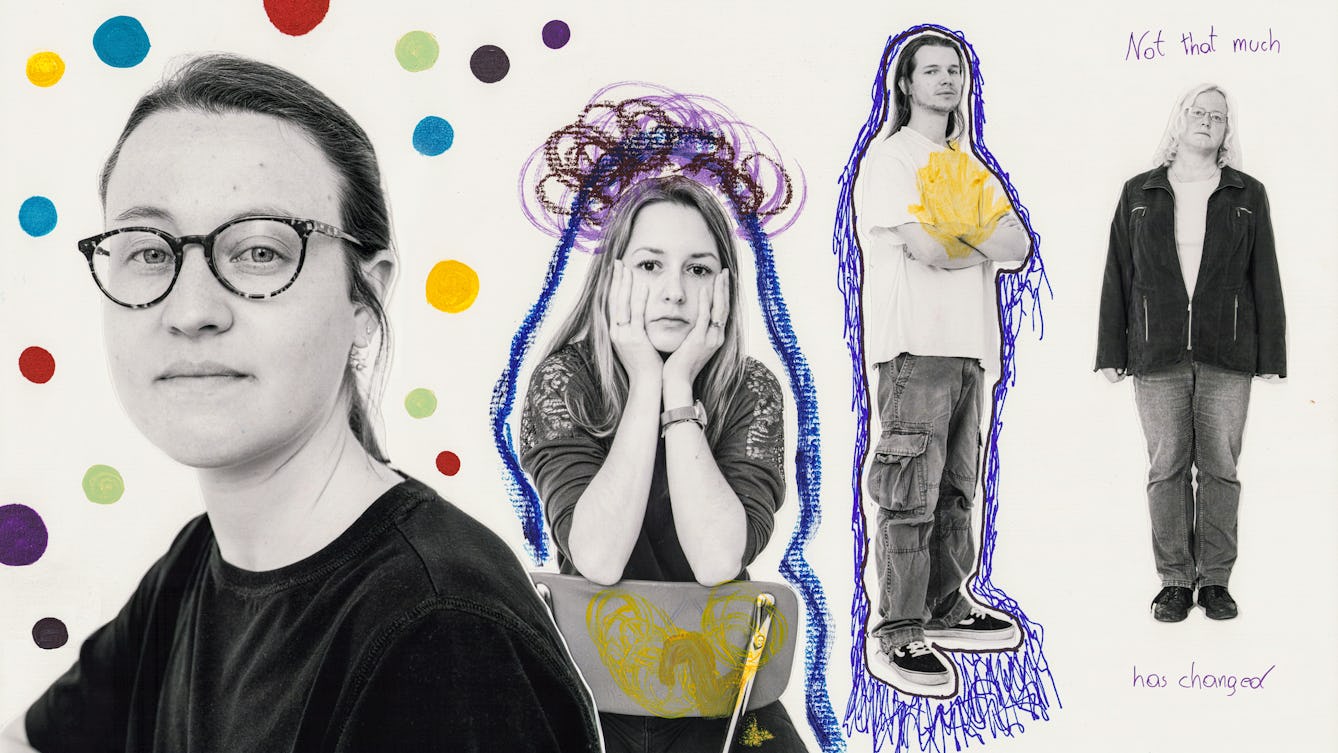
- Article
- Article
Is it really OK to not be OK?
Our mental healthcare system is still the poor relation of services that treat physical illness, and the pandemic has shone a spotlight on this situation. Campaigner James Downs argues for fundamental change.
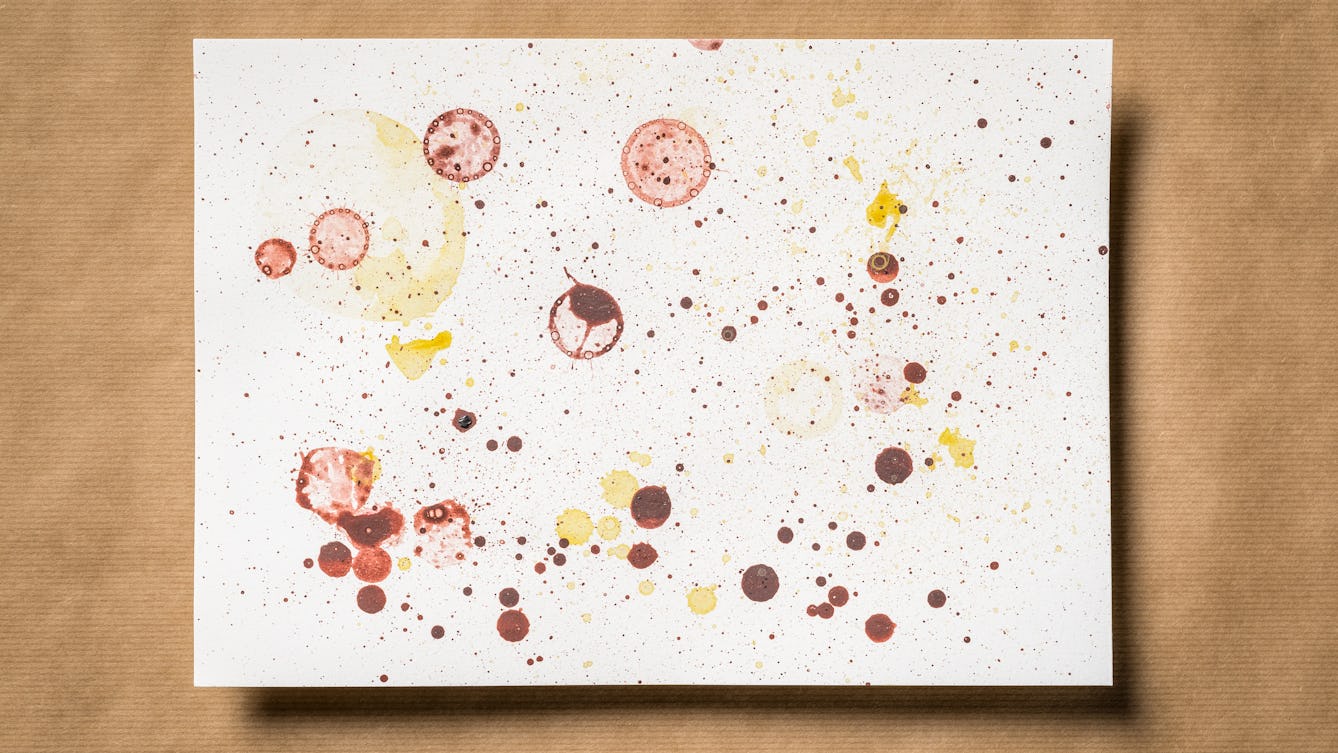
- Article
- Article
Documents of my breath
Swati Joshi’s childhood bronchitis meant that she couldn’t imagine being able to breathe easily. As an adult, she chronicles her recovery through artworks created using bubbles and her breath.
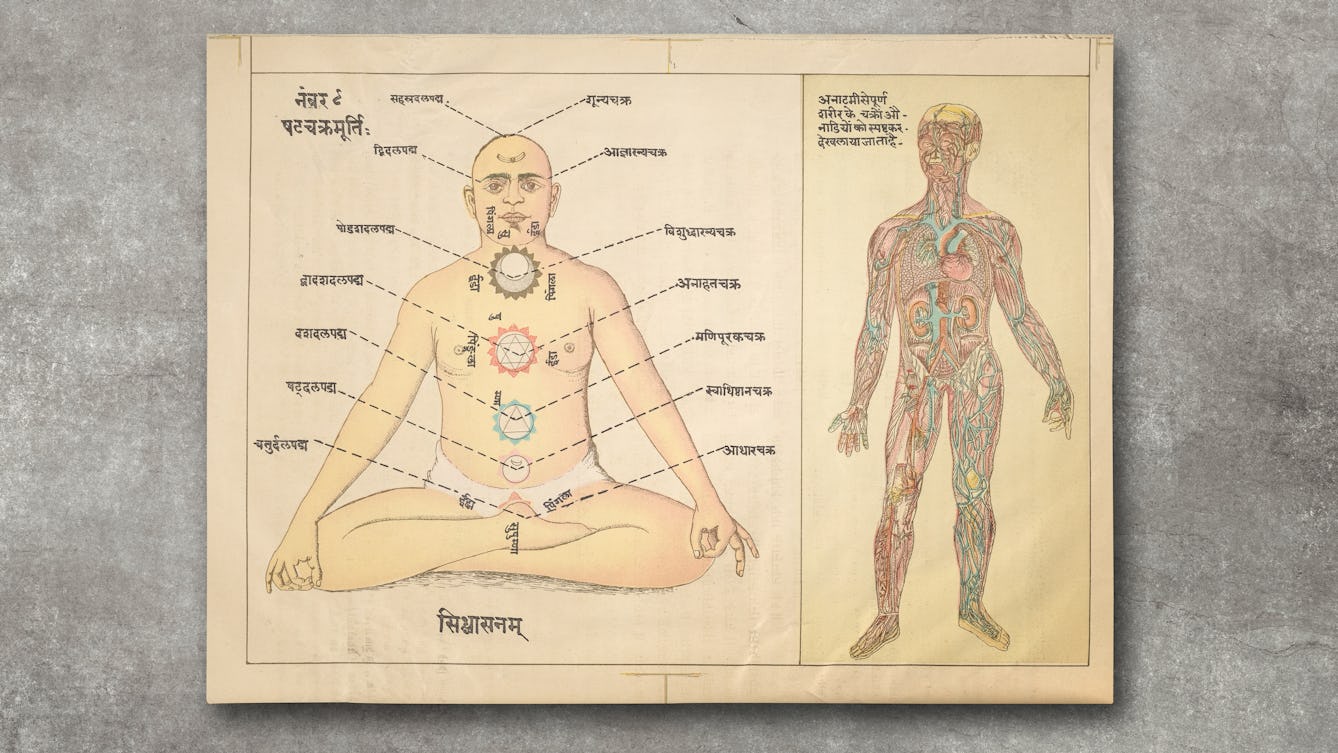
- Article
- Article
The healing power of breathing
The healing powers of different breathing methods are said to help with a range of health challenges, from asthma to PTSD. Effie Webb traces their spiritual origins and explores the modern proliferation of breathwork therapies.
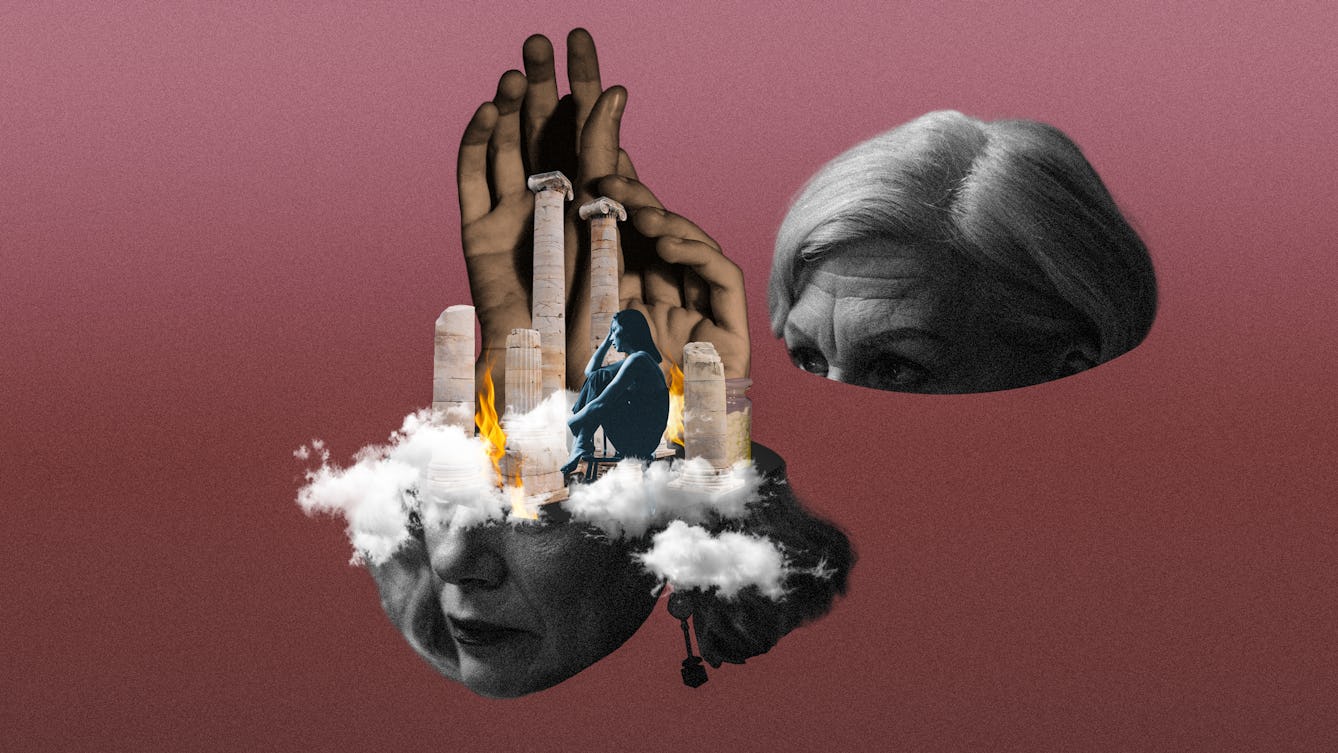
- Article
- Article
Hysteria
Mental health and emotional symptoms are common during menopause, but a long history of dismissing sufferers as 'hysterical women', at the mercy of their emotions has made it much harder to discuss these issues and to get support.
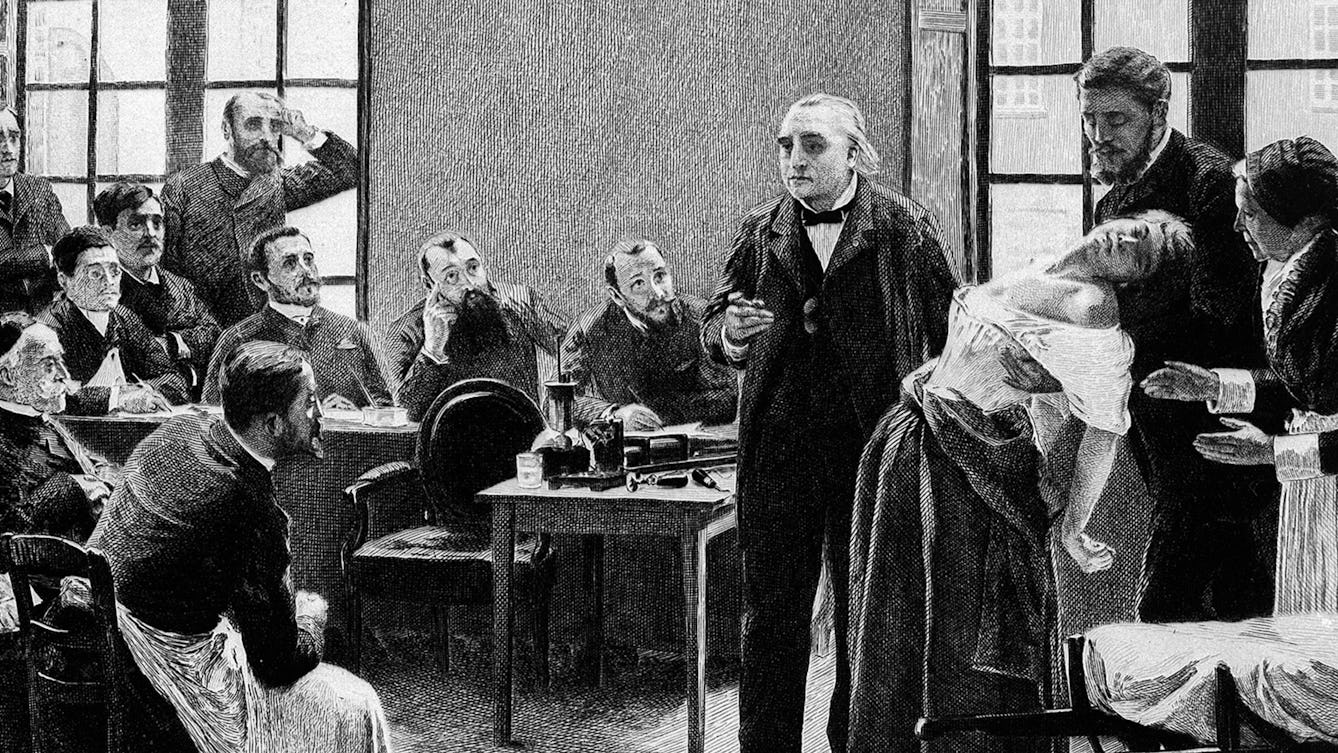
- Article
- Article
What is hysteria?
Hysteria has long been associated with fanciful myths, but its history reveals how it has been used to control women’s behaviour and bodies
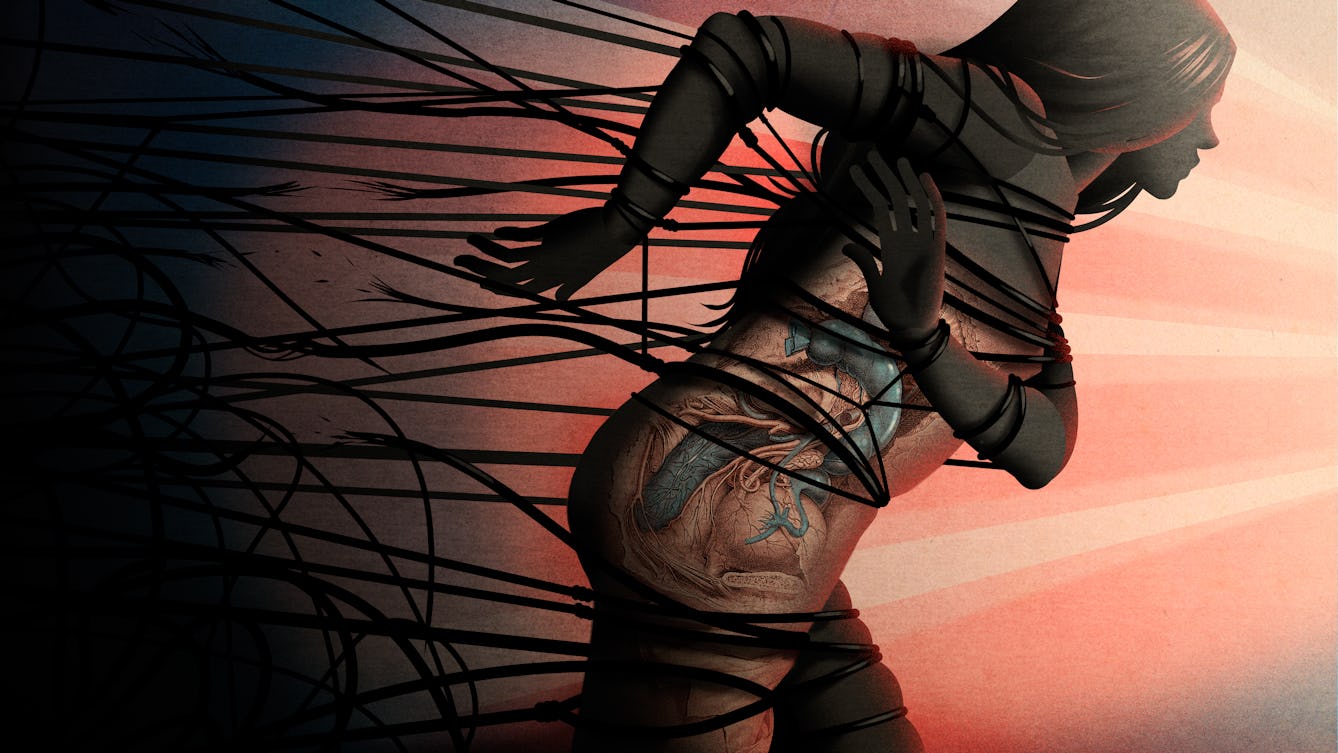
- Article
- Article
How shame makes us sick
The fight-or-flight response can have long-term consequences for our bodies if left unchecked. Lucia Osborne-Crowley investigates how shame and trauma are connected, and how both can lead to chronic ill health.

- Article
- Article
How can I stop fainting?
Fed up with the faints that bolstered her fragile young snowflake image, Gwen Smith sought expert medical help to keep her upright in trying situations.

- Article
- Article
Coronavirus, Crohn’s and me
Clinically vulnerable to COVID-19, Lucia Osborne-Crowley has been shut in her flat for months. With her chronic condition transformed into a life-threatening one, she explores what the pandemic is revealing about living with long-term illness.
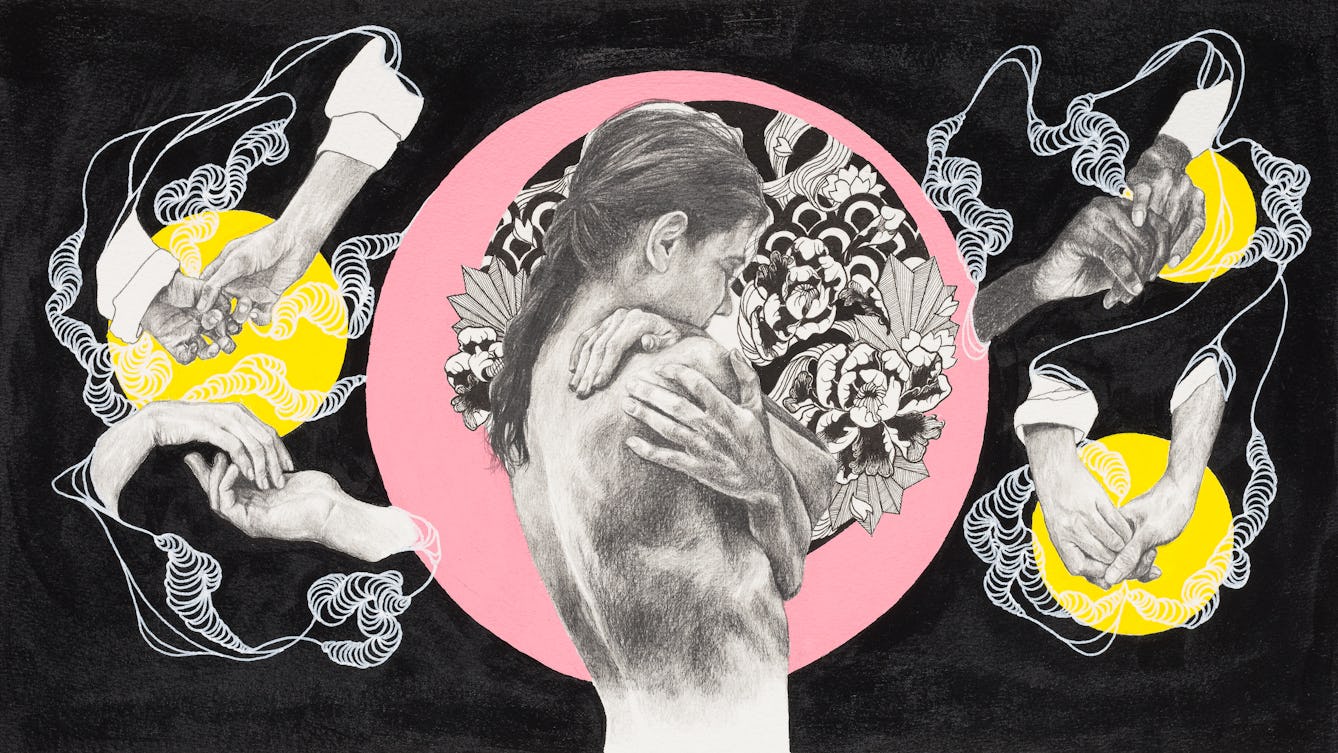
- Article
- Article
Losing touch
In these pandemic times, when touch has become taboo, Agnese Reginaldo explores the importance of physical contact to our wellbeing.

- Article
- Article
When kids are offered free cosmetic surgery
When they were a child, Jasmine Owens’ dentist offered to break their jaw – for free. It would make them look better, he said. Read on to find out whether or not they agreed.

- Article
- Article
Coleridge’s hypochondria
An intense focus on his own bodily sensations led poet Samuel Taylor Coleridge to self-medicate with narcotics. But this fascination also put Coleridge ahead of the medical sensibilities of his day.
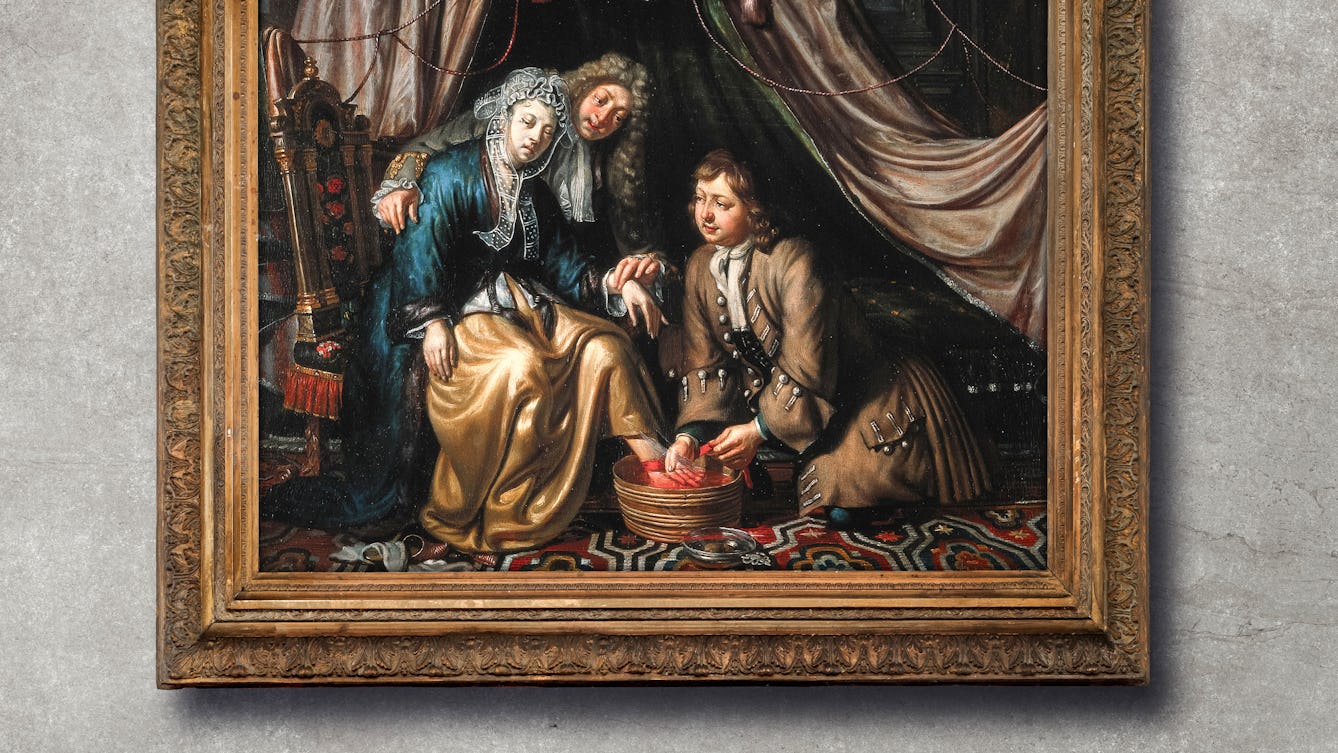
- Article
- Article
Bleeding healthy
For thousands of years, and in many different cultures, people have practised bloodletting for health and medical reasons. Julia Nurse explains where and when bleeding was used, how it was done, and why.
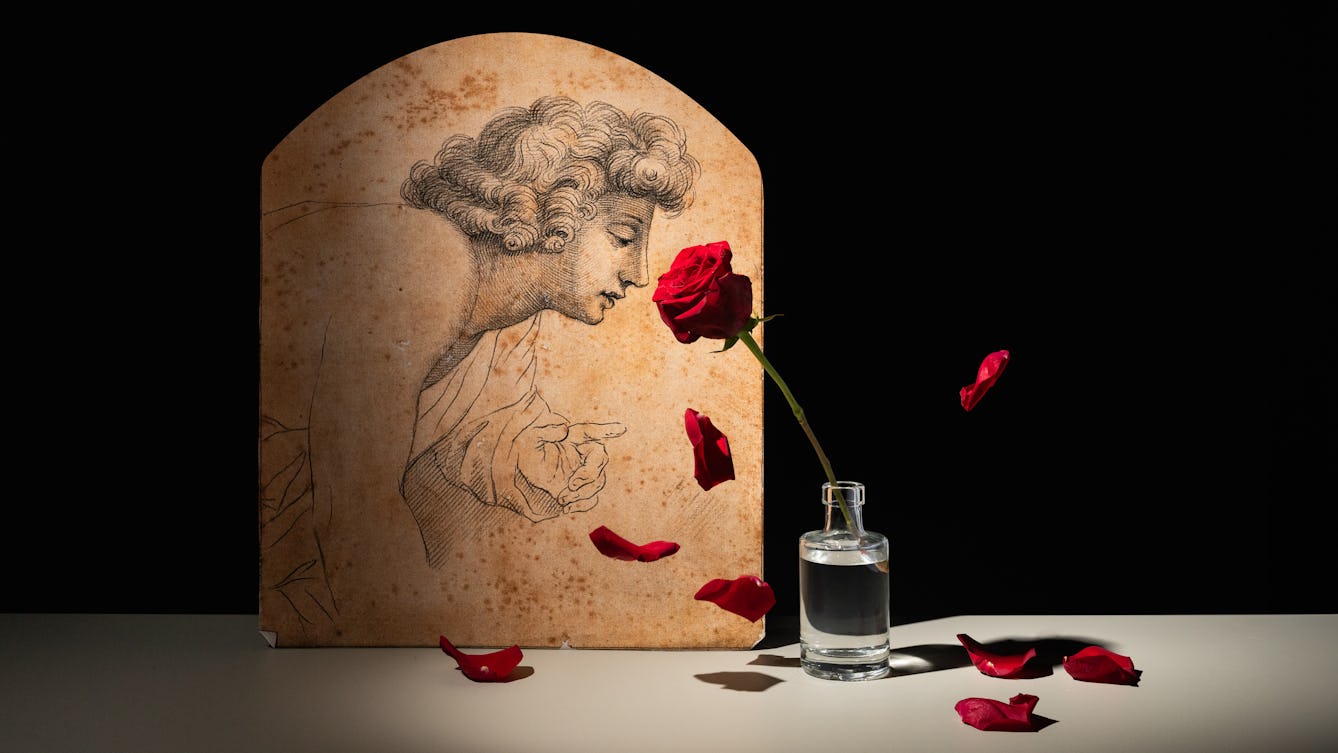
- Article
- Article
What the nose doesn’t know
Losing her sense of smell for over a year motivated Stephanie Howard-Smith to sniff out the history of treatments for this unsettling condition.

- Article
- Article
Rethinking the placebo effect
The placebo effect has long been harnessed for both legitimate and fraudulent use, but we’re only just discovering how and why our bodies respond positively to dummy drugs, as Anjuli Sharma reveals.
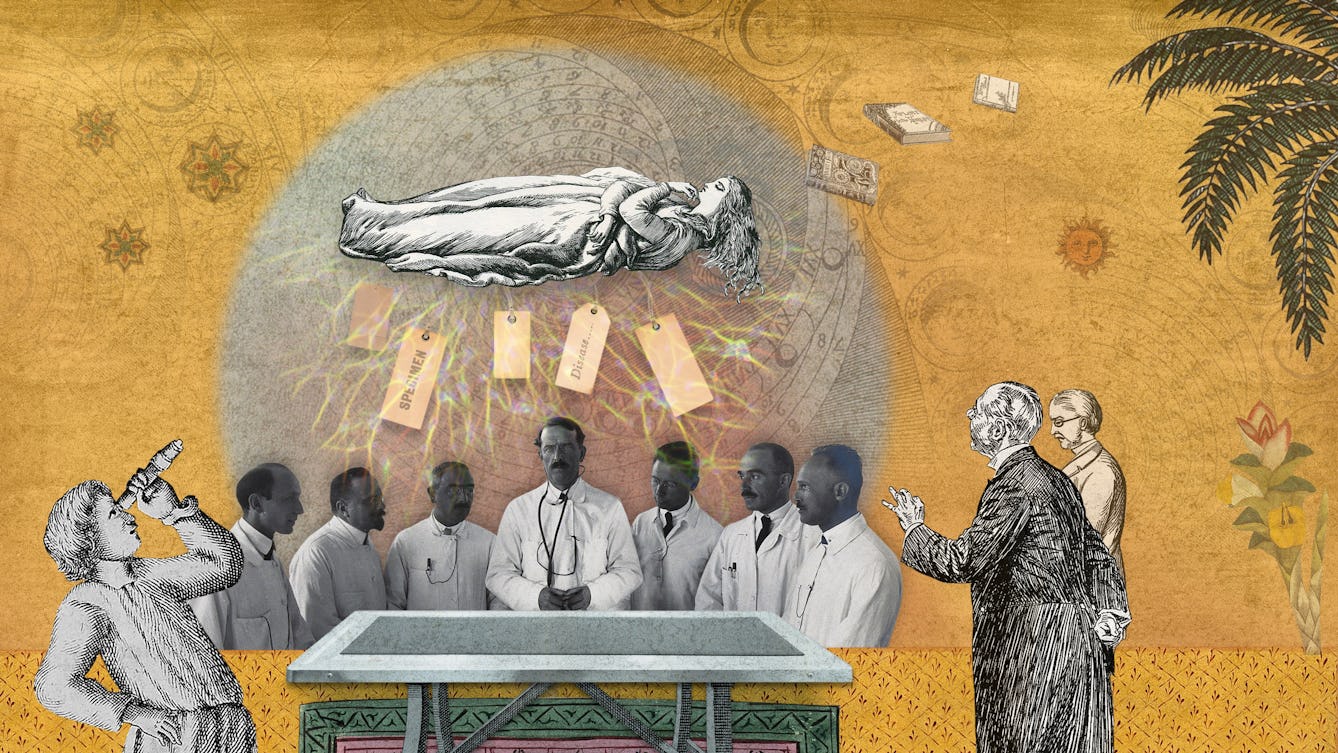
- Article
- Article
The epilepsy diagnosis
Epilepsy exists between the mind and body, something that Aparna Nair experienced for herself when she was diagnosed as a teenager.

- Article
- Article
Giving shape to sound
Fascinated by language and how music feels, Deaf rapper Signkid creates tracks that give shape to sound. He discusses inspiration, access and performing for all audiences, D/deaf and hearing alike.
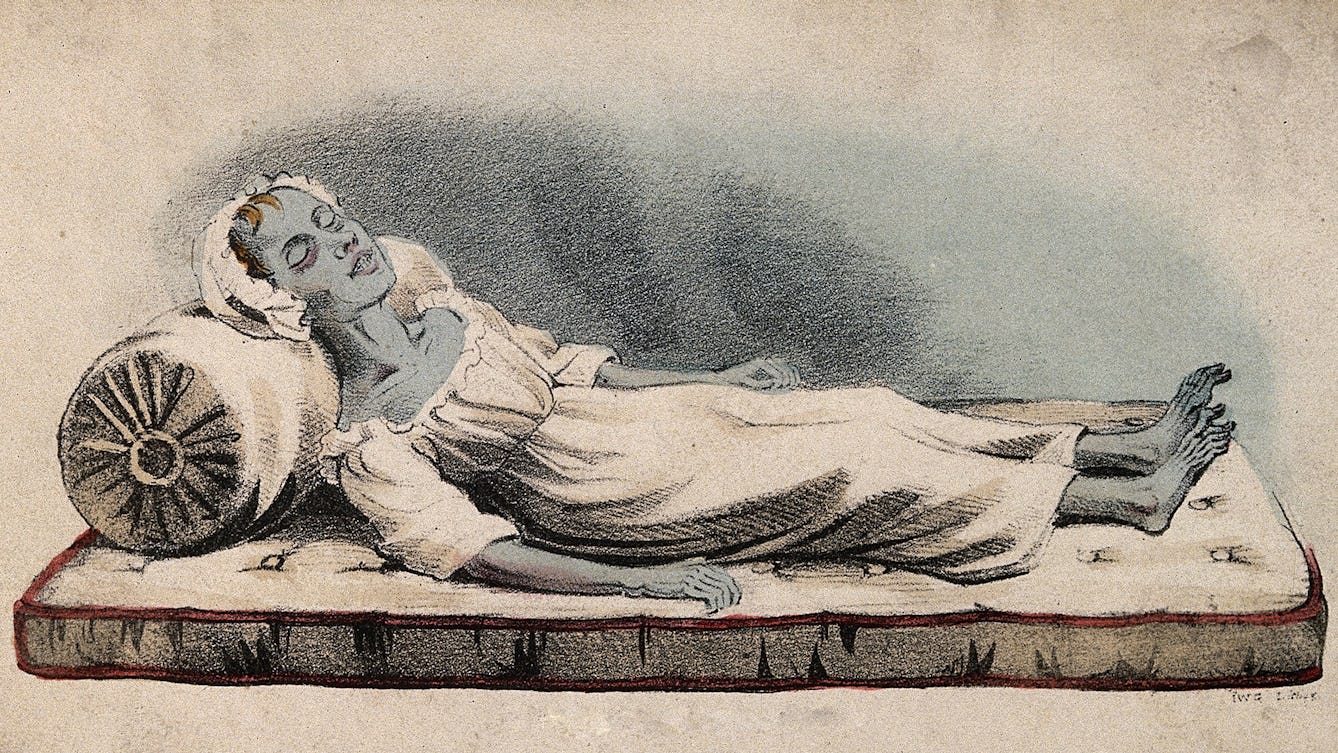
- Article
- Article
The colonist who faced the blue terror
India, 1857. In a British enclave, Katherine Bartrum watches her friend, and then her family, succumb to the deadly cholera.
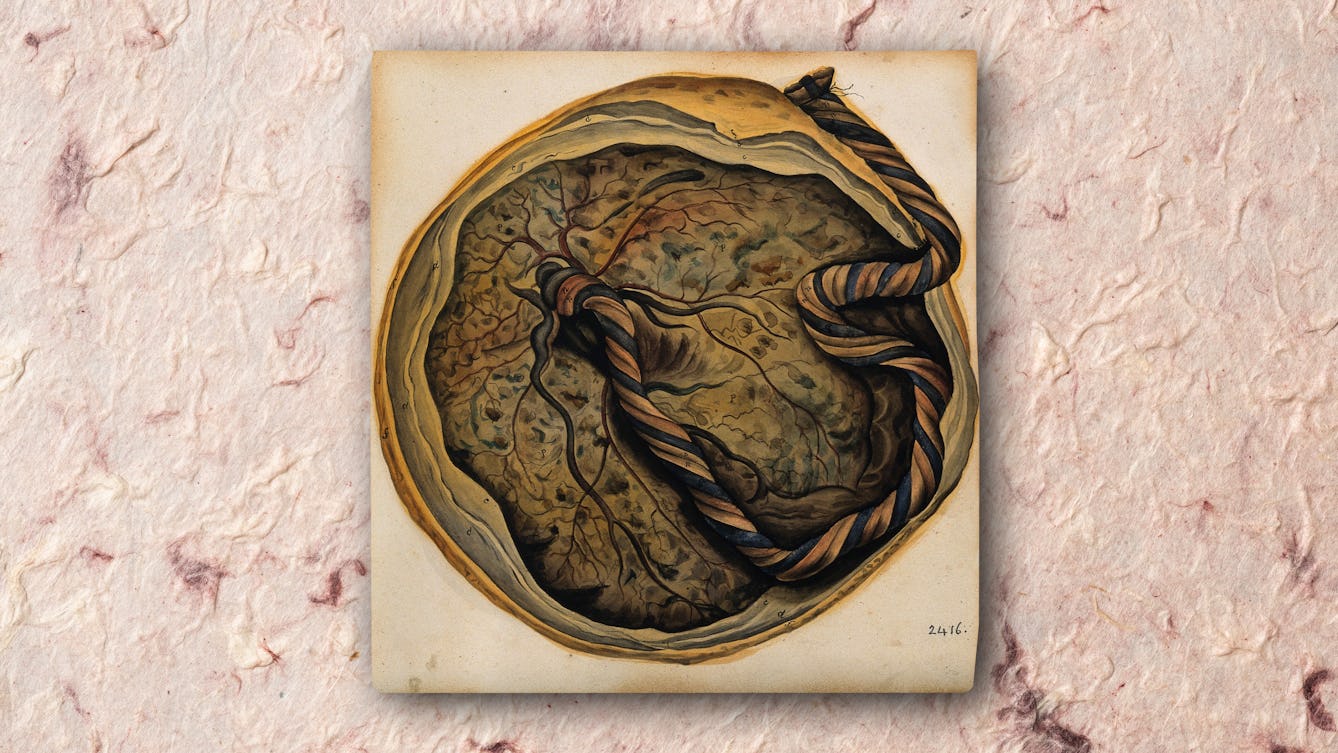
- Article
- Article
Womb milk and the puzzle of the placenta
A human baby needs milk to survive – and this holds true even before it’s born. Joanna Wolfarth explores “womb milk”, as well as ancient and modern ideas about the placenta.
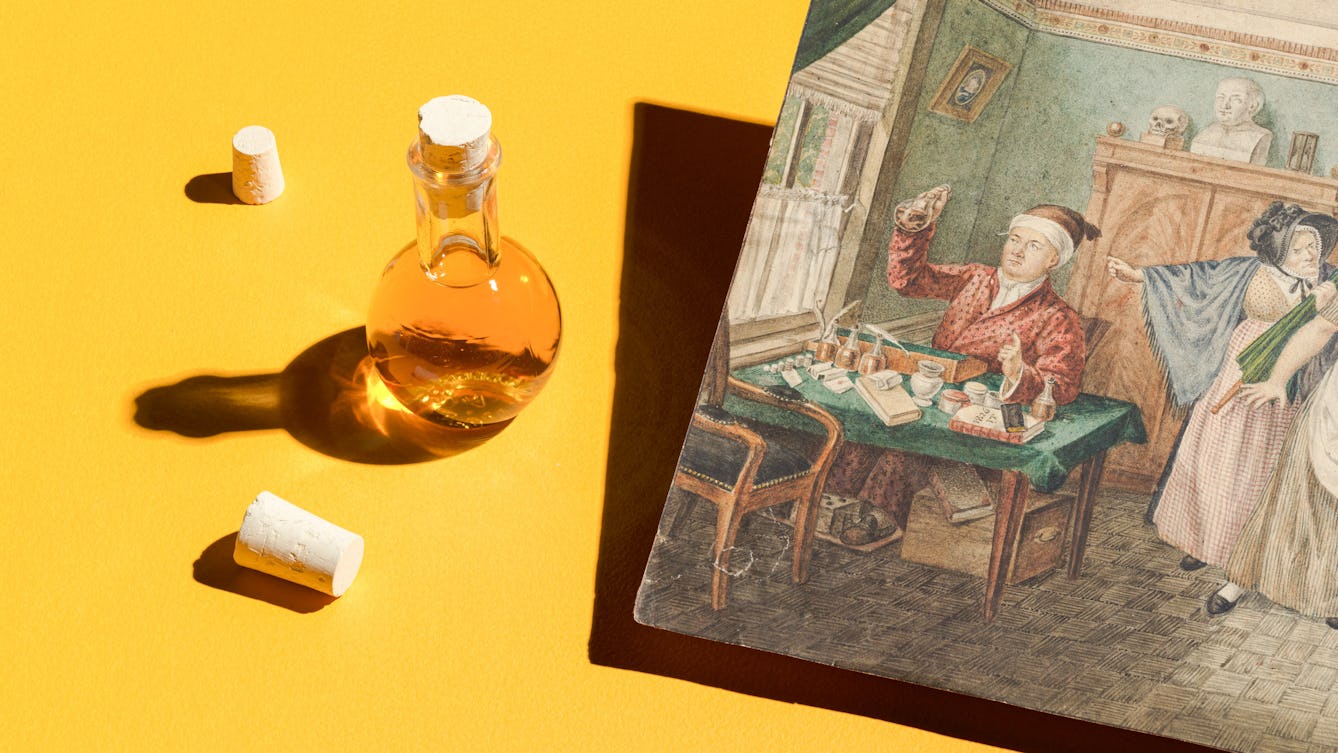
- Article
- Article
Remote diagnosis from wee to the Web
Medical practice might have moved on from when patients posted flasks of their urine for doctors to taste, but telehealth today keeps up the tradition of remote diagnosis – to our possible detriment.
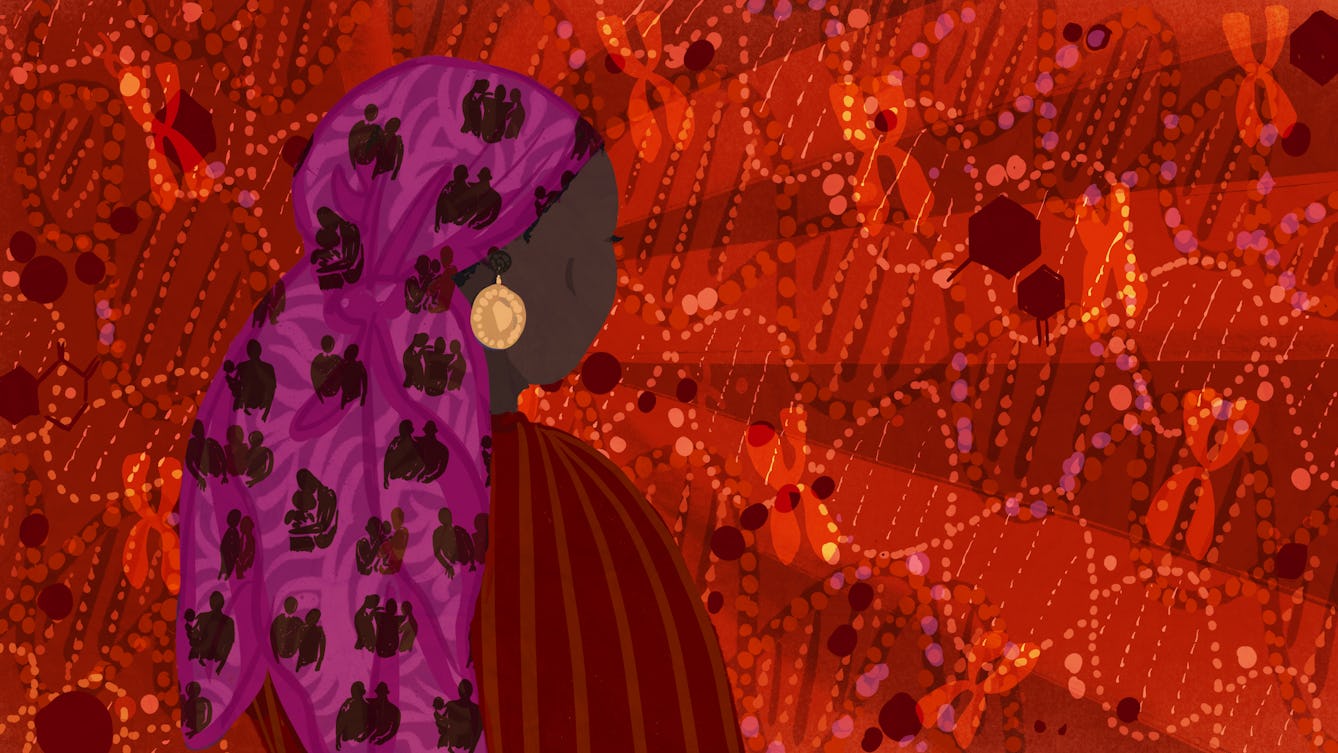
- Article
- Article
Equality in genetics
Genetic counsellor Sasha Henriques harnessed her energy and resolve to tackle the racial biases she saw in her profession – with positive and promising results.

- Long read
- Long read
Primodos, paternalism and the fight to be heard
Journalist Florence Wildblood examines the case of Primodos – a conveniently quick but risky hormone pregnancy test that was prescribed in the 1960s and ’70s – and profiles two women at the story’s shocking heart.
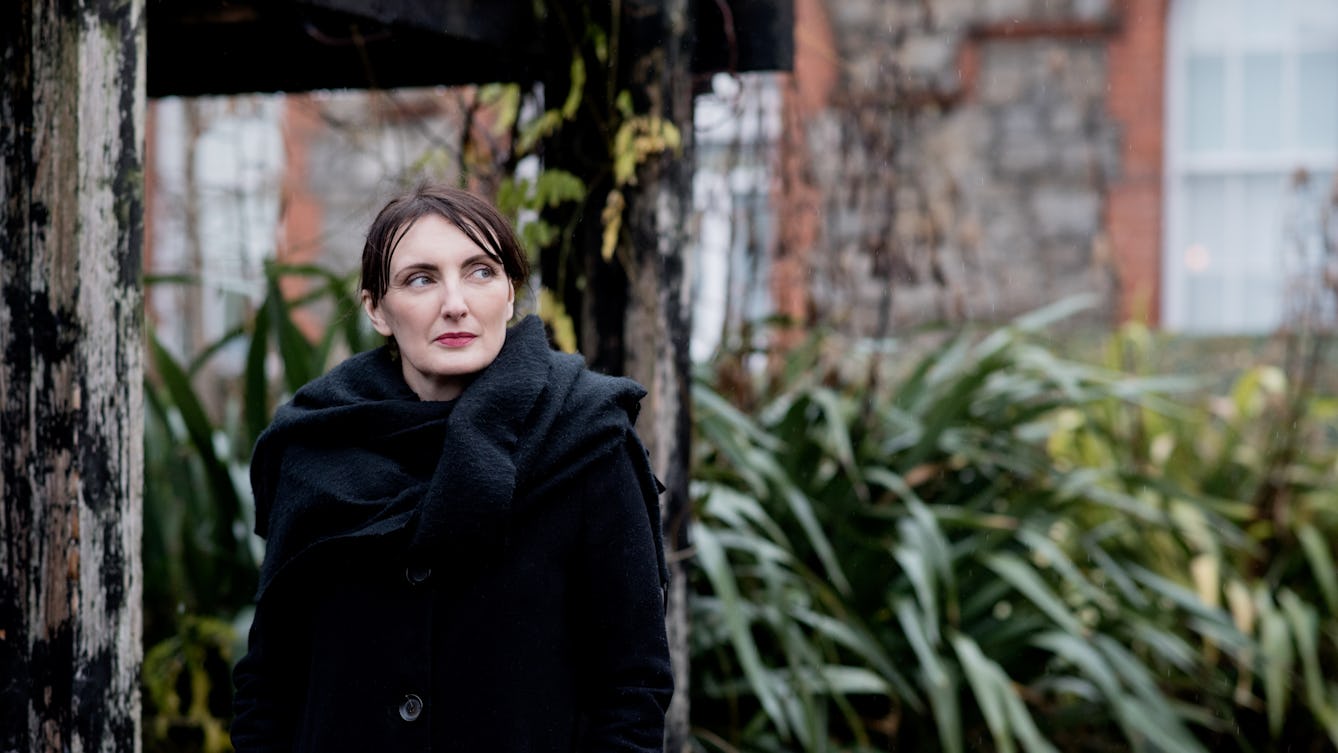
- Article
- Article
The solidarity of sickness
Visiting an injured friend in hospital prompts writer Sinéad Gleeson to reflect on the instant rapport forged between compatriots in the kingdom of the sick.